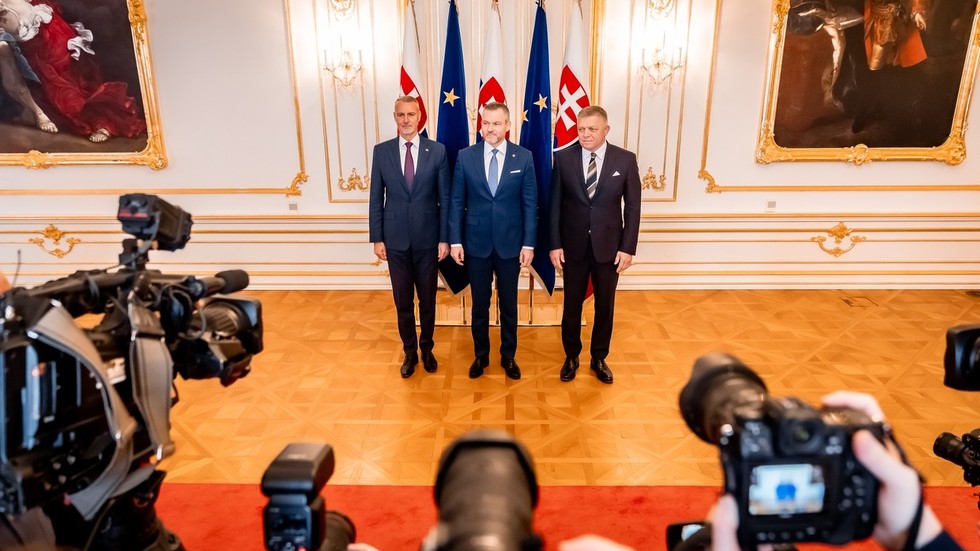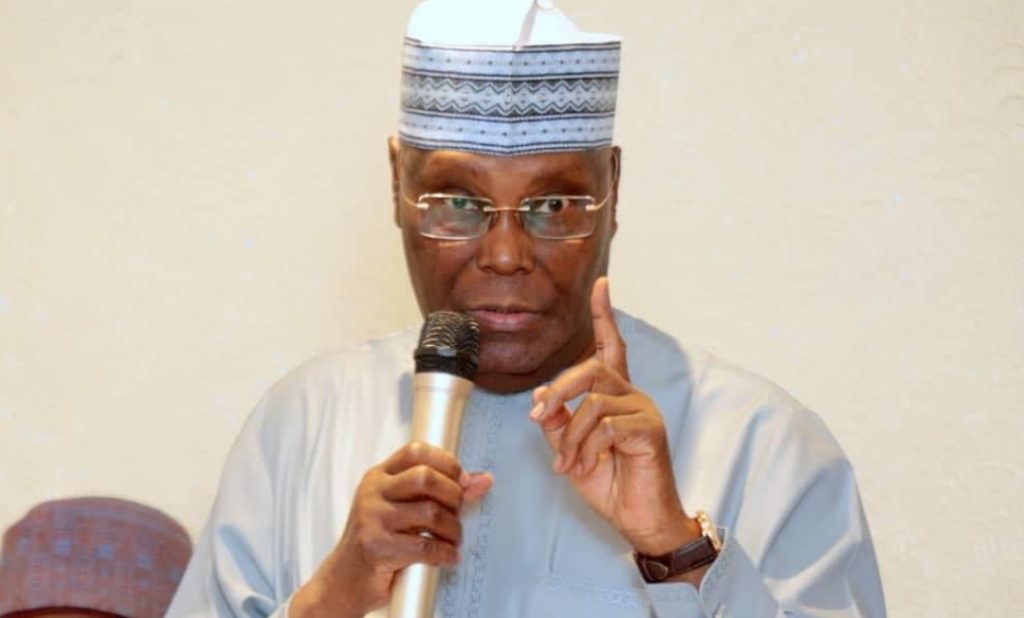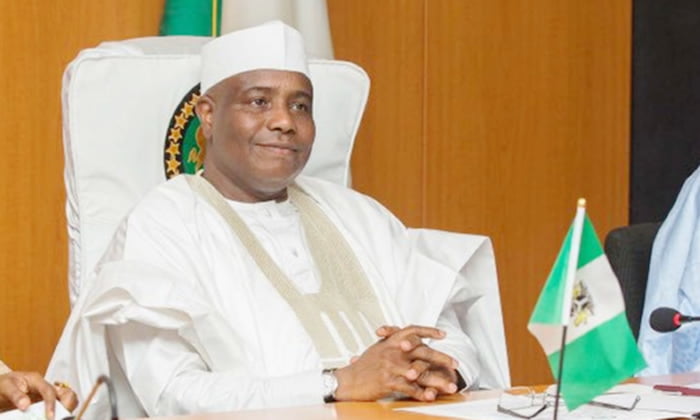Egyptian President, Fattah al-Sisi, made a firm statement on Wednesday, reaffirming his stance against any mass influx of refugees from the Gaza Strip. This comes amidst concerns that such an influx would set a dangerous precedent, leading to the displacement of Palestinians not only from Gaza but also from the West Bank into Jordan.
During talks with German Chancellor Olaf Scholz, President al-Sisi attributed the failure to deliver aid to Gaza’s 2.4 million people to the recent Israeli air strikes on the Rafah crossing between Egypt and Gaza. He expressed concern that if Palestinians were displaced from Gaza to Egypt, the same fate would befall those from the West Bank, making the implementation of a Palestinian state impossible.
President al-Sisi’s meeting with Chancellor Scholz took place as Gaza endured a 12th consecutive day of intense Israeli bombardment in response to a surprise cross-border attack orchestrated by Hamas on October 7th. The repercussions of this attack have been devastating, with at least 1,400 casualties, mostly innocent civilians. Gaza is now on the brink of a humanitarian catastrophe, with critical shortages of electricity, food, water, and fuel.
Calls have been mounting for aid to be allowed into Gaza through the Rafah crossing, as it is the only access point not controlled by Israel. President al-Sisi clarified that Egypt did not close the crossing intentionally, but the repeated bombings by Israel have prevented its operation. Hundreds of aid trucks have been stranded on the Egyptian side of the crossing, with Israeli aircraft bombing it on four separate occasions.
Chancellor Scholz expressed his commitment to working with Cairo to ensure swift humanitarian access to the Gaza Strip. Both leaders emphasized the urgency of preventing regional spillover and called for immediate international intervention to prevent a dangerous escalation of the conflict.
Referring to the peace agreement between Egypt and Israel in 1979, President al-Sisi warned that the fragile peace could crumble if there were a mass exodus of Gazans to Egypt’s neighboring Sinai Peninsula. He highlighted the risk of turning the Sinai Peninsula into a base for terrorist operations against Israel, which would prompt direct strikes on Egyptian territory in self-defense.
Palestinian President Mahmoud Abbas echoed similar concerns, stating that the displacement of Gazans to Egypt would amount to a “second Nakba,” referencing the forced expulsion and flight of over 760,000 Palestinians from their homes during the 1948 war that accompanied the creation of Israel.
Egypt has consistently rejected the transfer of Israel’s responsibility as an occupying power, including the obligation to ensure the safety of civilians living under its occupation. Addressing the argument that Sinai is a sparsely populated desert area, President al-Sisi proposed the Negev Desert in Israel as an alternative refuge for Gaza’s population. He suggested that Palestinians could be relocated there until Israel concludes its military operation to eliminate armed groups in Gaza, with the option of allowing them to return afterward.
As tensions escalate and human suffering intensifies, it is crucial for regional and international stakeholders to prioritize finding a peaceful resolution to this protracted conflict. Failure to do so not only risks destabilizing the entire Middle East but also perpetuates the cycle of violence and displacement for innocent Palestinians caught in the crossfire.



